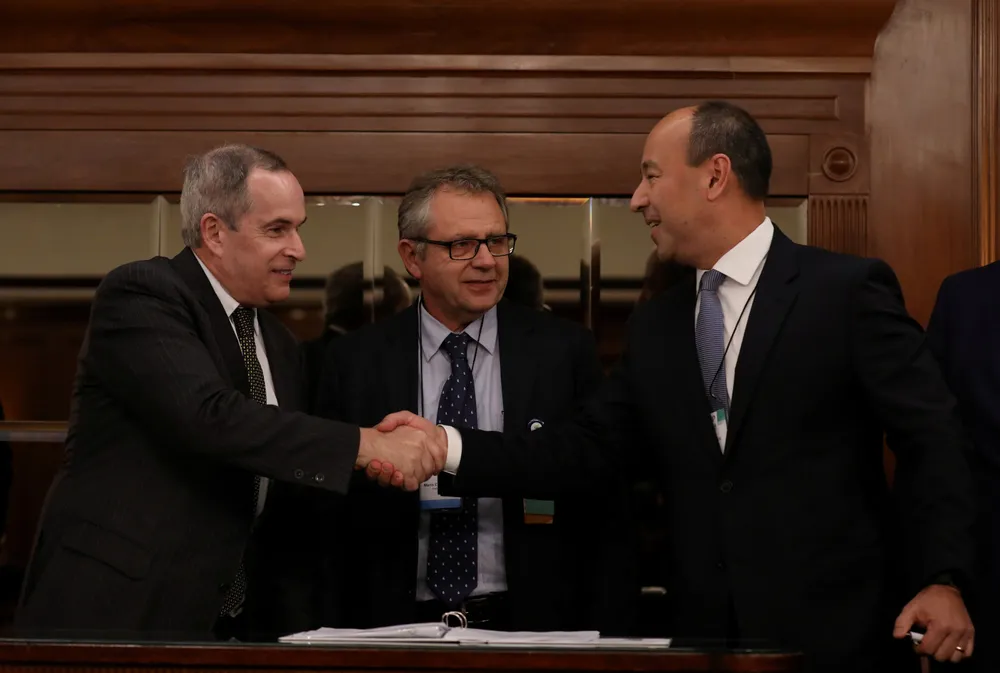Petrobras willing to take on ‘economically unattractive’ frontier basins to unlock oil riches
Brazilian state-controlled company highlights importance of taking exploration risks to unlock riches

Brazilian state-controlled company highlights importance of taking exploration risks to unlock riches
